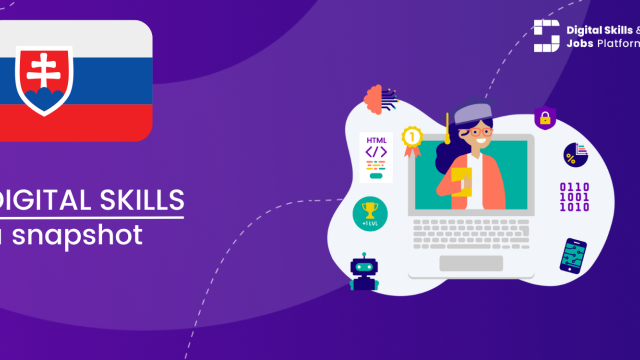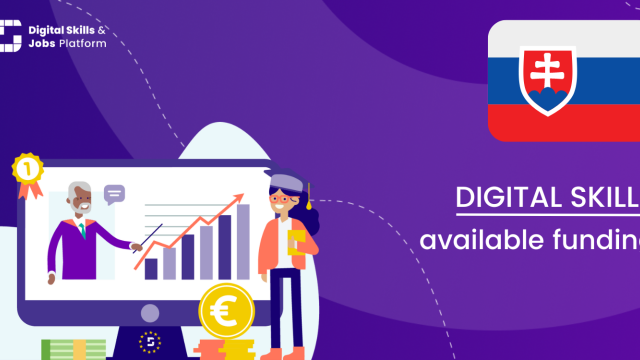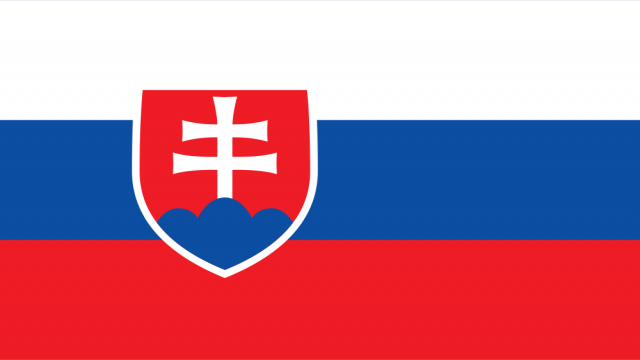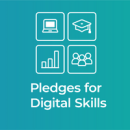Slovakia
Slovakia has achieved 51.3% basic digital skills coverage, compared to the EU average of 55.56%. According to the Digital Decade report 2025, Slovakia has not surpassed the EU average of 5%, despite increasing from 4.2% to 4.6% last year. The share of female specialists in 2024 was 17.2%. Slovakia made some improvement in digital infrastructure deployment and in the take-up of broadband connectivity and 5G, but still lags behind in overall rollout of digital infrastructure and in business digitalisation. Good progress was achieved in the share of ICT specialists and a promising trend emerges among young people’s digital skills levels.
Slovakia has a National coalition for digital skills and jobs led by IT Association of Slovakia (ITAS).
The Slovakian National Digital Decade strategic roadmap developed by the Government of the Slovak Republic sets out the strategic goals to be achieved by 2030, monitoring their achievement, and the target paths and key measures have been developed.
Slovakia's 2030 Strategy for Digital Transformation focuses on modernizing the economy, improving digital experiences, and enhancing public administration services. The National Digital Skills Strategy prioritizes ICT specialists, digital skills in education and the labour market, gender diversity in ICT, and addressing the digital divide.
The Action Plan for Digital Transformation supports digitalization in the economy, digital infrastructure development, AI promotion, and building a resilient society. The Recovery and Resilience Plan emphasizes digital transition measures, exceeding the 20% target. Reforms cover eGovernment, connectivity, education, research, innovation, and digital skills.
The IT Fitness Test prepares students for further education and practical IT skills. The Digitalna koalicia collaborates with the Unity of Pensioners to improve digital skills among seniors and disadvantaged groups. Slovakia is committed to digital transformation, focusing on education, skills, infrastructure, and inclusivity to drive economic growth and thrive in the digital era.
Slovakia ranks 20th out of the 27 EU Member States in the DESI dashboard for the Digital Decade for the 'At least basic digital skills' indicator, with 51.3% of its population possessing at least basic digital skills.









